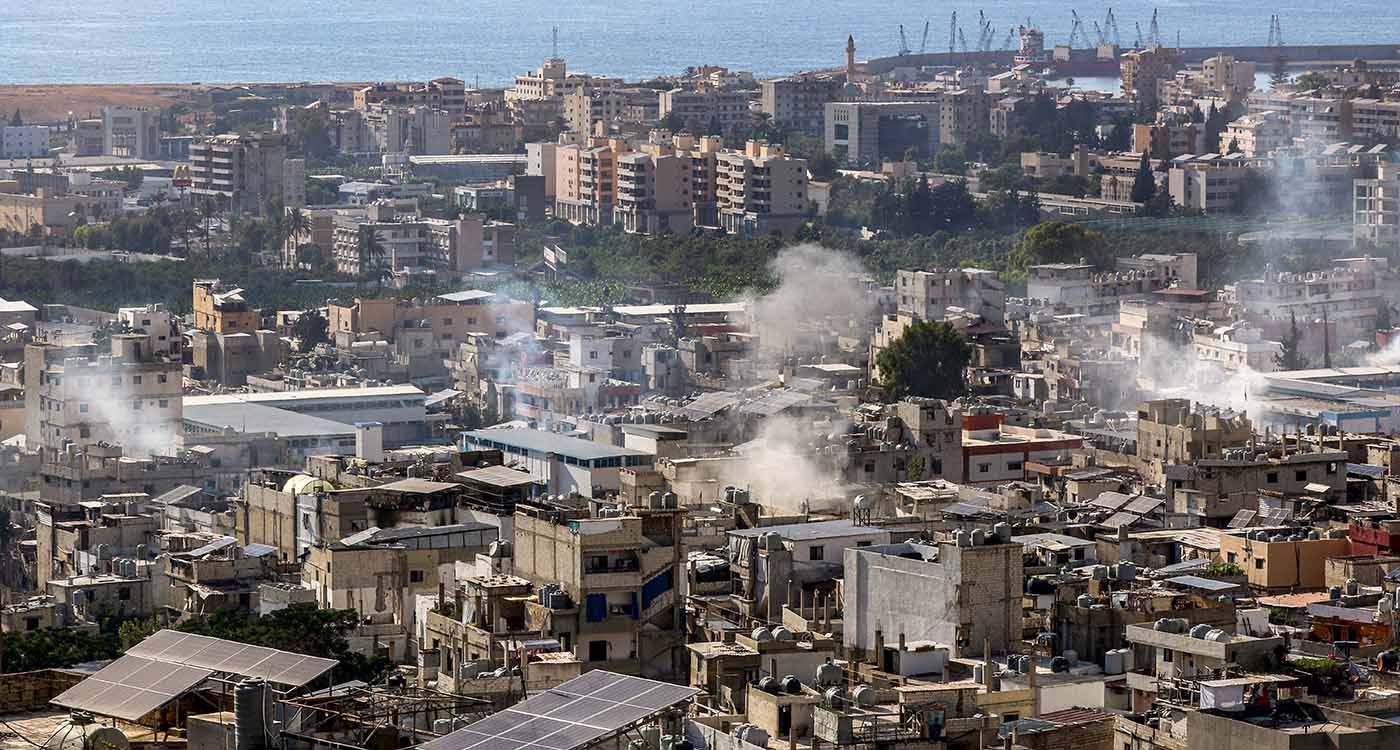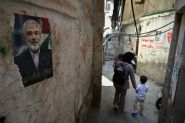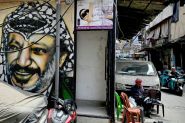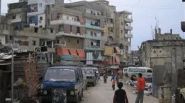
In the context of the ceasefire agreement and the implementation of Resolution 1701, as well as previous resolutions such as 1559 and 1680, there is no mention of Palestinian weapons in Lebanon and the need to remove them, in line with international resolutions. And even though the National Dialogue held in March 2006 agreed on the need to dismantle Palestinian arms inside and outside refugee camps, this decision has yet to be implemented.
Palestinian weapons are present in different locations as follows:
1. Military bases for the Popular Front for the Liberation of Palestine – General Command (PFLP-GC) and Fatah al-Intifada are located outside the camps.
2. Military groups Hamas and Islamic Jihad are present both inside and outside the camps, some of their members coming from Syria.
3. Armed factions of the Palestine Liberation Organization (PLO) are present inside Palestinian camps.
4.Factions opposed to the PLO are also located inside the camps.
5. Extremist Palestinian Islamic groups are also present in certain camps, particularly in Ain al-Hilweh and Beddawi.
This array of Palestinian factions, with all their weapons, can no longer claim that their objective is to fight Israel and liberate Palestine. Their military capabilities are in no way comparable to those of Israel. Furthermore, the forces that once supported them, such as Hezbollah and the Syrian regime, are either militarily incapacitated or no longer present on the regional map. More importantly, the Lebanese territory and the border with Israel, under the ceasefire agreement and the implementation of Resolution 1701, are no longer open grounds for combat, whether by the Lebanese or anyone else.
In this context, the Lebanese government should request that the Palestinian Authority instruct its affiliated factions to hand over their weapons to the Lebanese Army and dissolve their military groups. The state’s security apparatuses should assume exclusive responsibility for security in the camps. These have been controlled by Palestinian armed groups, which fought each other on different occasions, turning them into breeding grounds for extremist groups that brought harm on Palestinians and Lebanese alike.
The 1999 assassination of four judges in Saida, the 2007 Nahr al-Bared camp war, and other incidents of unrest and clashes, particularly in Ain al-Hilweh camp, undermined the security of the camps as well as their entourage.
The Lebanese government should also ask Hamas and Islamic Jihad in Lebanon to dissolve their armed wings, surrender their weapons to the Army, and stop using Lebanese territory to launch attacks against Israel, as was the case after Hezbollah opened its support front for Gaza on October 8, 2023.
Furthermore, the Lebanese government should close the military camps run by the PFLP-GC and Fatah al-Intifada, in the areas of Halwa and Sultan Yaacoub in the Western Beqaa, Qusayya in the Central Beqaa, and Naameh, south of Beirut. These camps, built on private lands owned by Lebanese citizens, were confiscated by factions backed by Syria’s Assad regime.
Additionally, the government should take action against members of Palestinian armed factions who do not possess legal residency documents. These could be a source of tension with the new Syrian authorities, as they supported the Syrian regime and its allies and participated in the conflict against the Syrian people.




Comments